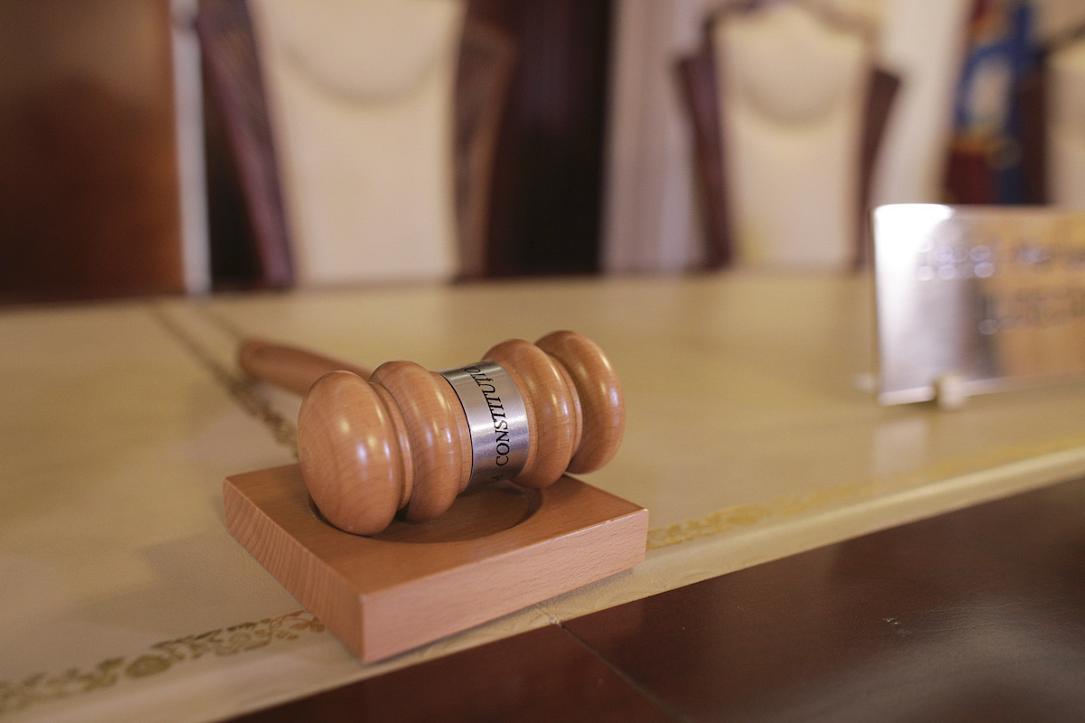Romania's Constitutional Court clears new Justice Laws, criticized by opposition



The Constitutional Court of Romania rejected, on November 9, all the objections submitted by the opposition parties USR and AUR and by the Ombudsman regarding the three Justice Laws recently passed by the lawmakers. It refers to the Law on the status of judges and prosecutors, the Law on judicial organization, and the Law on the Superior Council of Magistracy.
USR asked President Klaus Iohannis not to promulgate the bills, asking him to wait for the opinion from the Venice Commission, according to Cotidianul, quoting former minister of justice Stelian Ion (USR).
The ruling coalition accelerated the talks on the Justice Laws, expecting this to help with the lifting of the Cooperation and Verification Mechanism and ultimately smooth the country's Schengen membership. But former minister Ion claims the Justice Laws under this form will rather have a negative effect.
President Iohannis said, when the lawmakers passed the bills on October 20, that the new Justice Laws are "good" and confirmed plans to promulgate them if cleared by the Constitutional Court.
The Justice Laws will result in "the 'oligarhisation' of the entire judicial system, by placing under control the act of justice" and "do much more harm to the whole society," the reformist USR party argues on a rather general note.
Radical party AUR objects to the provision that leaves not penalized judges' acts that fail to observe the rulings of the Constitutional Court. This is part of a broader argument about the primacy of EU law, which makes the rulings of the Constitutional Court inferior to those of the European Court of Justice.
Finally, the Ombudsman objected to what it sees as the excessive expansion of the areas of activities allowed to magistrates that, the Ombudsman argues, "exceed the activity of administering justice."
"Judges, prosecutors, assistant magistrates and legal specialist personnel assimilated to them can be members of commissions for examining or drafting draft normative acts, domestic or international documents and can have the capacity of an expert in projects with external financing in the field of justice," according to Article 234 paragraph (2) of the law on the status of judges and prosecutors, challenged by the Ombudsman.
iulian@romania-insider.com
(Photo source: Inquam Photos/Octav Ganea)